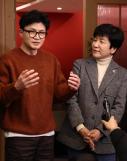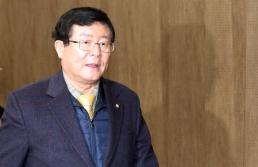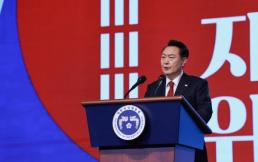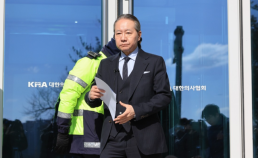It is quite difficult to find a businessman in pursuit of value more than just profit and fame, which is not a shame in the society ruled by the capitalism.
Ho-Am is also a well-known entrepreneur for his successful stories in business. He was deeply involved with 57 businesses in total starting from 1936 when Ho-Am started his own business in rice polishing at the age of 26 to 1987 when he passed away at the age of 78.
But, something is missing when Ho-Am is regarded as a leader good at moneymaking. He was a man with vision to transcend simple wealth and reputation.
Ho-Am always kept in mind economic contribution to the nation. Based on this principle, he continued to think over what benefits his business can bring for his country and then pushed it forward with boldness once he made up the mind.
However, such a principle was not well established when he started the first business in 1936 under the rule of Japanese government.
He used to be a young and arrogant entrepreneur with confidence in managing companies thanks to the previous success in rice polishing business.
Ho-Am was even into speculation in land. He thought it would be so easy to make a profit out of the land he bought at such a low price even after deducting cost.
Ho-Am made quite a handsome profit out of speculation, which made him much addicted to intemperance and licentious pleasures. Such a life did not stop even after he established Samsung Trading in 1938.
There was no one to give him a genuine and harsh piece of advice, except the late Chae Hyun-byung who never stopped criticizing him on an intemperate life.
Thanks to his advice, his eyes finally turned to the miserable life of people in the country suffered with plunder under Japanese imperialism.
After the liberalization, the first thing he did for nation was to support the national media business by establishing Taegu daily newspaper. Ho-Am also set up Samsung Mulsan in order to supply materials for Korean economy to bring stability to lives in the peninsula.
Ho-Am's philosophy in management was "economical contribution to the nation.", means it's a duty of a business to provide a service for the nation, people and mankind. He firmly believed that a corporation must have root at the nation, and thus, must do what it can in contributing to the nation. Therefore, Samsung co. has always put the priority in national interests and peoples' welfare.
His philosophy for nation pushed him into the manufacturing business which is considered to rebuild the barren economies in the country after the Korean War.
Then, he founded Cheil sugar manufacturing company saying that no one could escape from current dire situation if the country kept depending on imports for daily necessities.
“Consumer products for our people should be made in the country,” he claimed.
His company was successful in both relieving the burden of Korean people by providing with sugar at one third price and earning profits out of sugar business.
Next move was to go for the textile market in spite of high possibility to witness everything he built disappearing at once.
“Cheil Sugar was enough just for the sake of myself, but I am looking for a new business to make a contribution to my country,” said Ho-Am in his autobiography.
Finally, he built up Cheil Textiles in 1955 which played a critical role in increasing the exports to overseas. The fabric manufacturer became the final piece of foundation to lead Samsung to one of world’s best companies.
Ho-Am also provided support to develop local industries by serving as the first chairman of federation of Korean industries. In addition, he took a lead in economic growth in the country by entering into the market for semiconductor, which faced with objection home and abroad.
Despite such a criticism, Ho-Am did not give up on semiconductor business because it was something that should be done “for benefit of nation”. His new businesses usually gave big spur on Korean industries to be globalized.
His autobiography shows well how much he highlighted the importance on business contribution to his people and human beings.
“I think people are happiest when they know what they are living for. Fortunately I have considered that my business has given the meaning to my life. Also I have never hesitated to say that economic contribution to the nation is my only way in the life.”
아주경제= 신기림 기자 kirimi99@ajnews.co.kr
(아주경제=ajnews.co.kr) 무단전재 배포금지
©'5개국어 글로벌 경제신문' 아주경제. 무단전재·재배포 금지

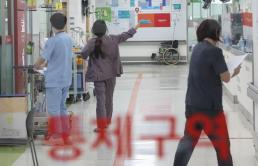
![[르포] 중력 6배에 짓눌려 기절 직전…전투기 조종사 비행환경 적응훈련(영상)](https://image.ajunews.com/content/image/2024/02/29/20240229181518601151_258_161.jpg)
